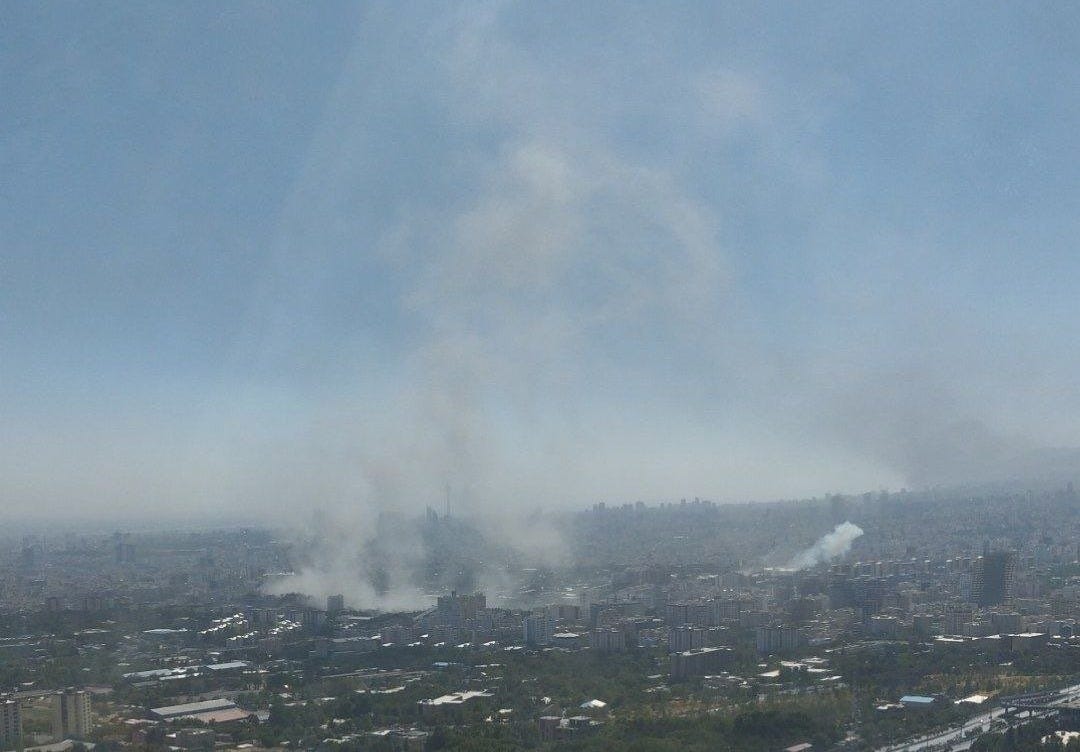Matt Gurney: Welcome to the post-summit era. It might get unpleasant
Back to the old ways of doing things, it seems.
By: Matt Gurney
It’s hard to know what to say about the new war in the Middle East. It’s hard for two distinct but equally important reasons.
The first reason is simple: as I quipped to my colleague Jen when I told her I’d write this, the hard part is keeping it current. There are major developments on an almost hourly basis. Writing an article takes time, editing it takes time, getting it proofread and online takes time. And as events in the last few days — and weeks and years — have shown, even a little bit of time can count for a lot.
The second reason is a bit more existential: even if it were possible to instantly rip these thoughts from my brain and publish them, there’s still that little matter of what to say. It’s the Middle East, guys. It’s damned hard to think of a single thing to say that hasn’t been said before.
But there is one thought that did occur to me, and it’s particularly apropos this week, when the world’s leaders — and Jen! — descended on Kananaskis, Alberta for the annual G7 Summit. I’ll leave the commentary on the summit to my partner, but it’s a useful comparison, even if only in big-picture terms.
Here’s my question: Is the age of the summit over, at least in terms of it being important? Are we shifting away from a time and place in history where people are prepared to pretend that talking about a problem against a glorious natural backdrop is the same thing as actually doing something about that problem?


